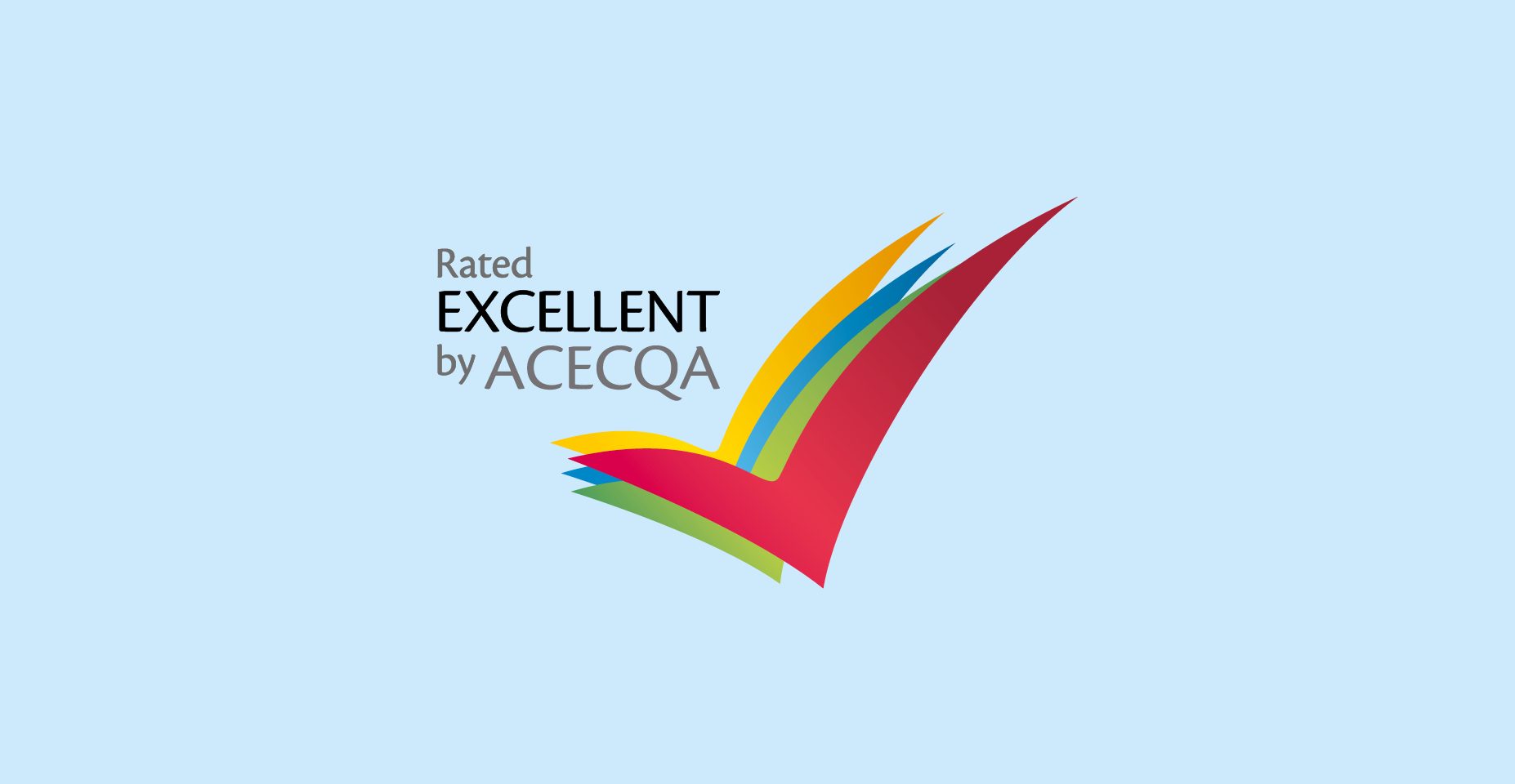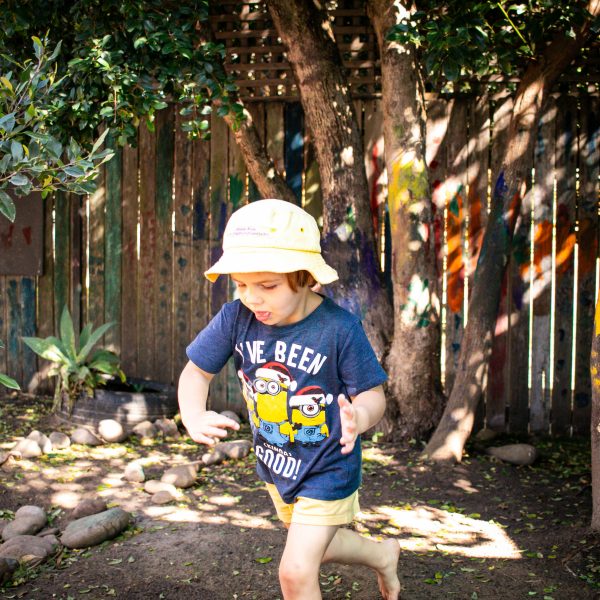Supporting the professional practice of educators – insights from Excellent services

The Australian Children’s Education and Care Quality Authority (ACECQA) has shared the stories of four service providers rated as Excellent in the National Quality Standard (NQS), and provided advice and support for education and care services to continue to find innovative ways to support the development of educators in their professional practice.
“All professions commit to ongoing in-service learning after the initial pre-service training and this is, in fact, one of the criteria for ‘professional practice’,” information from ACECQA read.
“For early education and care, this commitment to and investment in professional development has tangible benefits for educators, children and service quality.”
High-quality services are those in which approved providers and service leaders recognise that effective professional development aligns the unique interests, skills and aspirations of educators and with the assessed needs and interests of children and families.
Employer investment in training is also critical to creating effective workforce conditions that attract and retain employees. For the early education and care profession, this investment has a significant return in relation to educators being valued and supported in their complex roles and, in turn, long and close relationships with children and families are enabled.
The following examples highlight how four Excellent rated services’ unique approaches are supporting their educators in professional practice and identity.
Adamstown Community Early Learning and Preschool uses a distributed Pedagogical Leadership Model (PLM) which includes the roles of educational leader, behaviour and development specialist (BDS), workplace health and safety officer and Reconciliation Action Plan champion.
The educators filling these leadership roles work collaboratively to ensure that the educational program and educator practice is in line with the service philosophy, the National Quality Framework (NQF) and best practice based on research.
Forrest Out Of School Hours Care established a comprehensive induction and orientation process in 2021 that was developed in response to the changing needs of educators for health-related reasons and the employment of several new educators.
Changes to the induction program included implementing two three-hour long professional development sessions to replace written sections of the handbook. This change captured the diverse learning styles of educators and gives the service another way to share expectations and approaches to practice.
Bellambi Point Community Preschool has improved positive interactions between educators and children after approved provider Big Fat Smile developed and implemented an organisational strategy targeting positive interactions.
The first step was a supporting and guiding children’s behaviour survey to gather data on each educator’s knowledge, skills and perceptions regarding supporting and guiding children’s behaviour. The survey results were used to develop a comprehensive professional learning plan, at an organisational and service level. Each educator at the service then completed self-paced online professional learning opportunities on various topics over 12 months.
Choices Family Day Care holds regular staff and educator Yarning Circle meetings based on the Aboriginal 8 Ways of Learning, where educators come together to share stories and exceptional practice and to mentor their peers.
Coordinators and service leaders are aware that their educators may feel isolated working at home, so each yarning circle focuses on ensuring that all educators feel supported, included and heard. To commence these meetings, an educator will share practice and facilitate conversation to encourage everyone to feel safe and secure to share their knowledge and practice.
These meetings are held in the hosting educator’s local community to support their work in rural and remote Queensland. Due to COVID-19 restrictions, these sessions have been adapted to occur virtually.
As the 2022 learning year continues, ACECQA is encouraging services, leaders and approved providers to reflect on the ways their service supports the professional practice of its education and care professionals. The range of reflective questions after each Standard in the Guide to the NQF may be useful for this.
Popular

Policy
Practice
Provider
Quality
NSW Government launches sweeping reforms to improve safety and transparency in early learning
2025-06-30 10:02:40
by Fiona Alston

Quality
Provider
Policy
Practice
WA approved provider fined $45,000 over bush excursion incident
2025-07-01 07:00:01
by Fiona Alston

Workforce
Policy
Quality
Practice
Provider
Research
ECEC must change now, our children can’t wait for another inquiry
2025-07-02 07:47:14
by Fiona Alston













